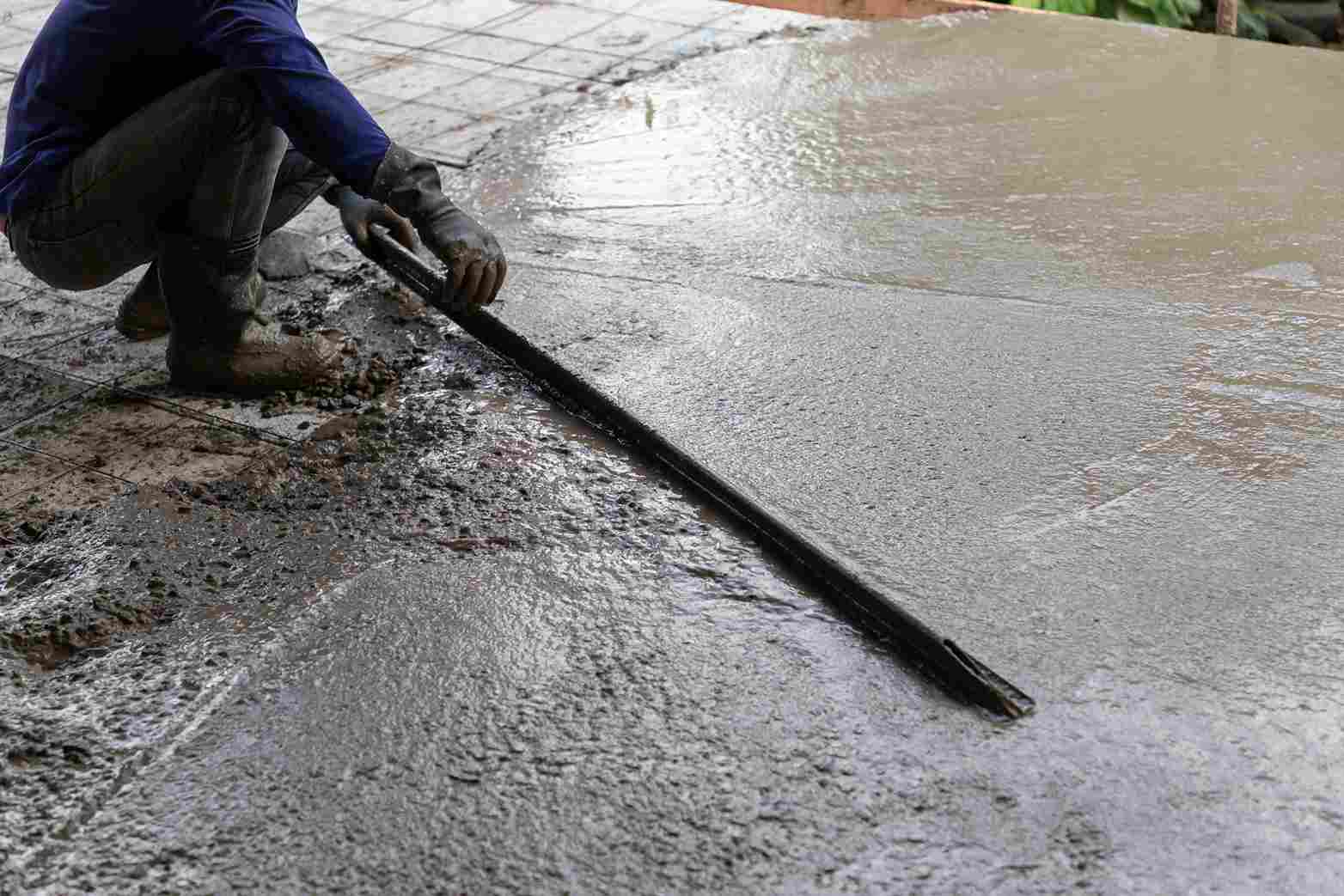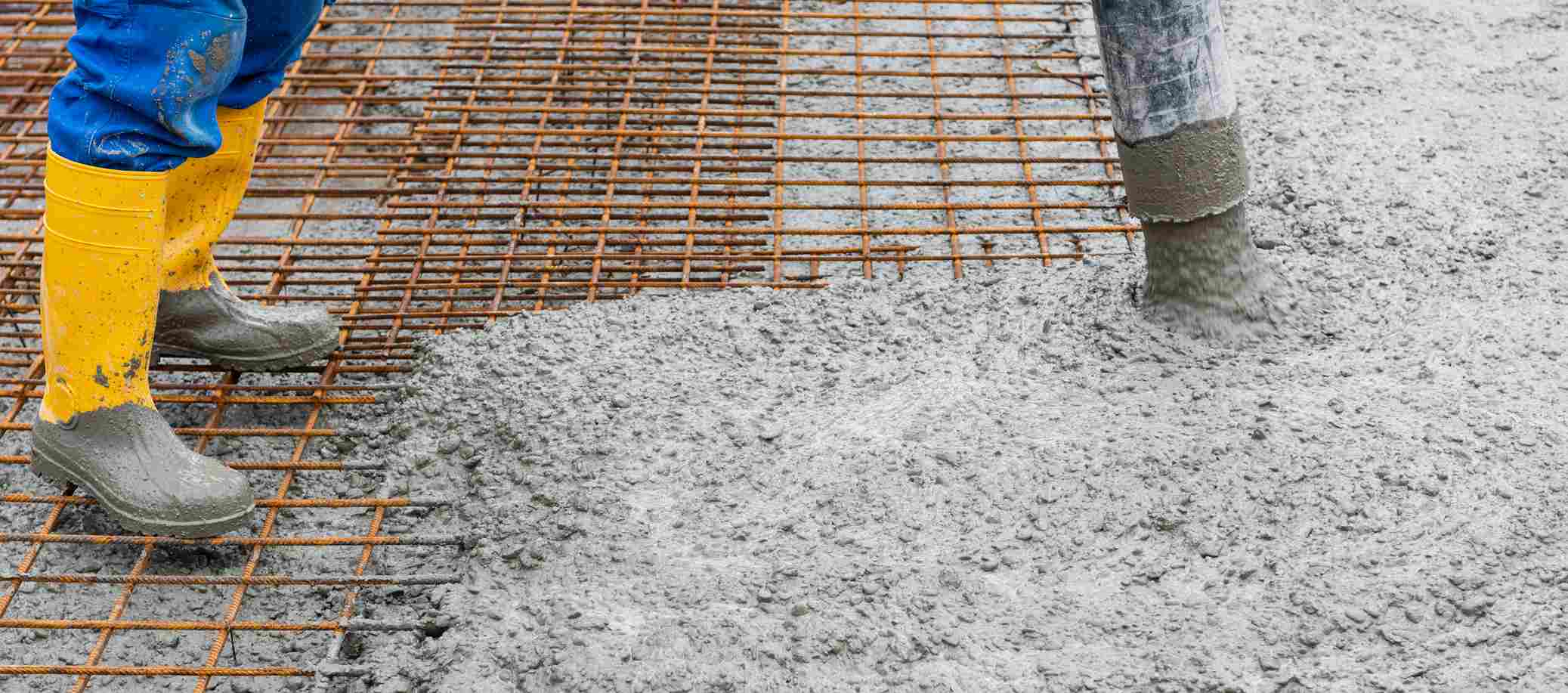How set-retarding admixtures play a significant role in enhancing the durability of concrete?
In construction, achieving durable concrete is paramount, especially for projects in challenging environments or where long-term strength and structural stability are essential. Set-retarding admixtures are key additives that slow down the setting process, allowing for greater workability, improved curing, and enhanced durability of concrete. FirstChoice Specialty Chemicals (FCSC) offers high-quality set-retarding admixtures such as CONSET R, CONSET RP, and CONSET SRA to meet these demands. This blog aims to discuss how set-retarding admixtures contribute to concrete durability and optimize construction processes.

Better control over setting time
In complex construction projects, precise control over setting times is essential. Set-retarding admixtures give contractors better control, allowing them to adjust the setting process to suit different project requirements. CONSET series offer dependable control over setting times, which is advantageous for projects in challenging environments or during unpredictable weather conditions. This flexibility also ensures a more consistent finish, minimizing the risk of premature set times that could compromise the quality and durability of the concrete.
Extended Workability
One of the primary advantages of set-retarding admixtures is extended workability. Construction projects often require longer times to pour and finish concrete, especially on large-scale sites where precise placement and adjustments are needed. Set-retarding admixtures like CONSET series slow down the initial setting process, allowing workers more time to place and finish the concrete. This extended workability is beneficial for projects with complex designs or structures, as it minimizes rushed applications that can lead to poor-quality finishes, ultimately supporting a durable and uniform concrete surface.
Reduce Temperature Rise
During the hydration process, concrete generates heat, which can lead to rapid setting and internal stresses, especially in large pores. High internal temperatures can cause cracking and weaken concrete’s long-term durability. Set-retarding admixtures like CONSET series help moderate the temperature rise by slowing down the hydration process, preventing excessive heat buildup. Reduced temperature rise is especially beneficial in hot climates, where concrete is more prone to temperature-induced cracking. By maintaining a steady internal temperature, these admixtures help preserve the structural integrity and durability of the concrete.

Minimise Plastic Shrinkage Cracking
Plastic shrinkage cracking often occurs in the early stages of concrete setting when water evaporates faster than the concrete can handle. The longer setting time provided by set-retarding admixtures allows for a slower, more controlled hydration process. This helps mitigate the development of shrinkage cracks, which are common in rapidly setting concrete. Shrinkage cracks can provide pathways for water and other harmful agents to penetrate, compromising the durability of the concrete over time.
Reduced Thermal Cracking:
In large pours, concrete experiences heat generation as a result of the exothermic hydration process. Set-retarding admixtures slow this process down, reducing the internal temperature rise and the risk of thermal cracking. Thermal cracks, if left unaddressed, can allow the ingress of moisture, chlorides, or other damaging substances that accelerate deterioration, particularly in exposed or harsh environments.
Improved curing conditions
Effective curing is essential for achieving strong and durable concrete. The slower setting time provided by set-retarding admixtures allows for a more controlled and effective curing process, helping the concrete to achieve its optimal strength and durability. With products like CONSET series, the curing process becomes more manageable, particularly in large-scale projects where uniformity and consistency are crucial. The extended curing period promotes even hydration throughout the concrete, which enhances the concrete’s resistance to cracking, shrinkage, and environmental degradation.
Enhanced Bond Strength
Set-retarding admixtures improve the bond strength between concrete layers, especially in situations where different batches are applied sequentially. This bonding strength is vital for construction projects involving multi-layer applications or repairs. A slower set process ensures better integration between different layers or sections of poured concrete, leading to stronger bonds and a more cohesive final product. Stronger bonds prevent delamination, segregation, and potential durability issues such as cracking or water infiltration.
Enhanced Durability in Hot Weather
In hot weather, the rate of cement hydration increases, leading to a quicker set time, which can result in cold joints, cracks, or incomplete hydration. Set-retarding admixtures help counteract the effects of high temperatures by slowing the rate of hydration, ensuring that the concrete remains workable longer and has time to fully hydrate, leading to improved density and strength. Concrete that sets too quickly in hot weather can suffer from incomplete hydration, resulting in reduced final strength and durability. By slowing down the setting process, set-retarding admixtures allow more complete hydration, which contributes to the development of a denser, more durable concrete structure.
Increased Resistance to Environmental Factors
Concrete structures are often exposed to varying environmental conditions, from freeze-thaw cycles to high moisture and UV exposure. Set-retarding admixtures improve the durability of concrete by allowing it to develop a dense, well-cured matrix, which is more resistant to environmental factors. The use of CONSET series enhances this resilience, making the concrete less susceptible to damage from moisture ingress, temperature fluctuations, and chemical exposure. A well-cured, dense concrete surface can resist wear and tear more effectively, extending the life of the structure and reducing maintenance needs.